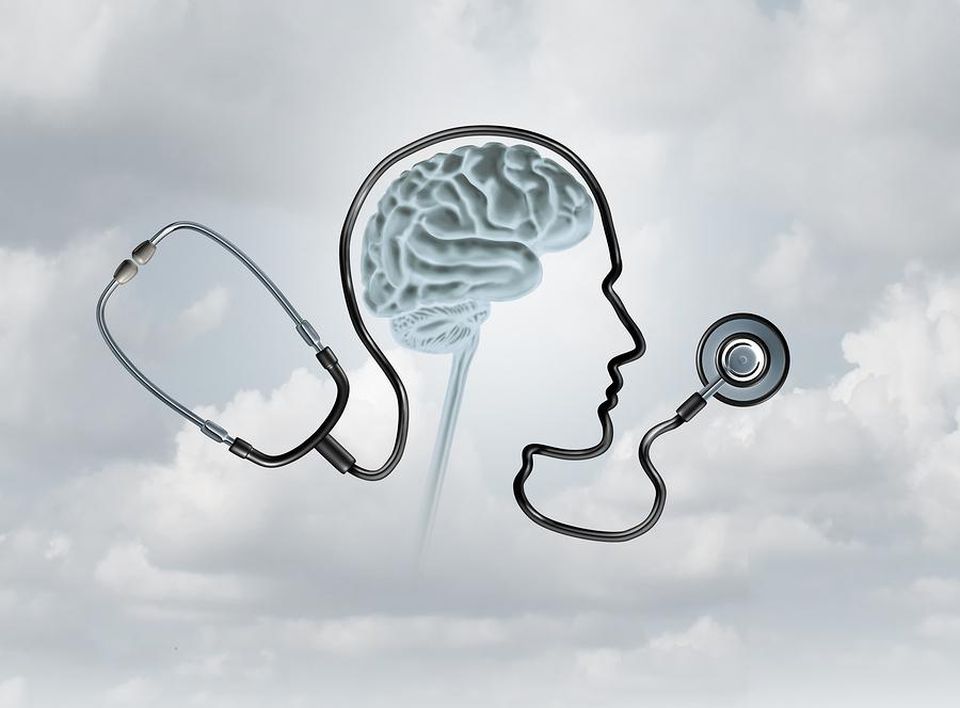Psychology is the study of mind and behavior. It contains the biological influences, social pressures, and environmental factors which affect how people think, act, and feel. Gaining a richer and deeper knowledge of psychology could help people attain insights into their own actions as well as a better knowledge of other people.
TYPES OF PSYCHOLOGY
Psychology is a broad and diverse field which contains the study of human thought, behavior, development, personality, emotion, motivation, and more. As a consequence, some different subfields and specialty areas have emerged. The following are some of the important areas of research and application within psychology:
- Abnormal psychology is the study of abnormal or uncommon behavior and psychopathology. This specialty area is concentrated on research and treatment of a variety of mental disorders and is linked to psychotherapy and clinical psychology.
- Biological psychology (biopsychology) studies how biological processes impact the mind and behavior. This area is closely linked to neuroscience and utilizes tools like magnetic resonance imaging (MRI) and positron emission tomography (PET) scans to look at brain injury or brain abnormalities.
- Clinical psychology is concentrated on the assessment, diagnosis, and treatment of mental disorders.
- Cognitive psychology is the study of human thought processes involving attention, memory, perception, decision-making, problem-solving, and language acquisition.
- Comparative psychology is the branch of psychology focused on the study of animal behavior.
- Developmental psychology is an area which looks at human growth and development over the lifespan involving cognitive abilities, morality, social functioning, identity, and other life areas.
- Forensic psychology is an applied field concerned with using psychological research and principles in the legal and criminal justice system.
- Industrial-organizational psychology is a field which uses psychological research to improve work performance and select employees.
- Personality psychology concentrates on understanding how personality develops as well as the patterns of thoughts, behaviors, and characteristics which make each individual unique.
- Social psychology concentrates on group behavior, social influences on individual behavior, attitudes, prejudice, conformity, aggression, and associated topics.

PSYCHOLOGIST USES
The most evident application for psychology is in the field of mental health where psychologists use principles, research, and clinical findings to help clients handle and overcome symptoms of mental distress and psychological disease. Some of the additional applications for psychology involve:
- Developing educational programs
- Ergonomics
- Informing public policy
- Mental health treatment
- Performance improvement
- Personal health and well-being
- Psychological research
- Self-help
- Social program design
- Understanding child development

IMPACT OF PSYCHOLOGY
Psychology is both an applied and academic field which benefits both individuals and society as a whole. A significant portion of psychology is dedicated to the diagnosis and treatment of mental health problems, but this is just the tip of the iceberg in terms of psychological impact.
Some of the ways which psychology contributes to individuals and society include:
- Elevating our understanding of why people behave as they do as well
- Understanding the different factors which could impact the human mind and behavior
- Understanding problems which impact health, daily life, and well-being
- Improving ergonomics to enhance product design
- Creating safer and more efficient workspaces
- Helping motivate people to attain their goals
- Enhancing productivity
Psychologists achieve these things by using objective scientific methods to understand, explain, and predict human behavior. Psychological studies are highly structured, starting with a hypothesis which is then empirically tested.

POTENTIAL PITFALLS
There is a lot of confusion out there regarding psychology. Regrettably, such misconceptions about psychology abound in part thanks to stereotyped portrayals of psychologists in popular media as well as the different career paths of those holding psychology degrees.
Sure, there are psychologists who help solve crimes, and there are a lot of professionals who help people deal with mental health problems. Although, there are also psychologists who:
- Contribute to creating healthier workplaces
- Design and implement public health programs
- Research airplane safety
- Help design technology and computer programs
- To study military life and the psychological repercussions of combat
- No matter where psychologists work, their main goals are to help describe, explain, predict, and influence human behavior
If you or anyone you know is suffering from psychological disorders, our expert providers at Specialty Care Clinics will take care of your health and help you recover.
Call 469-805-4561 to book an telehealth appointment for an at home check-up.
